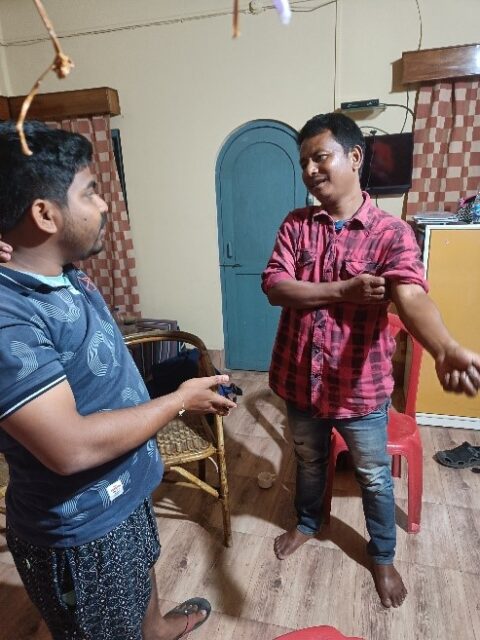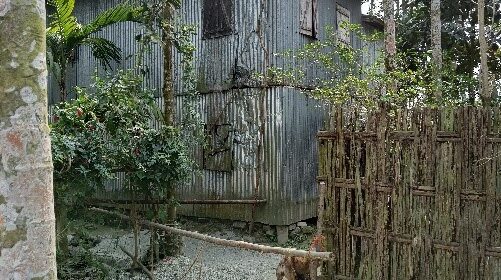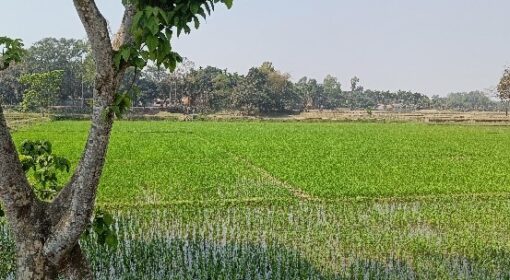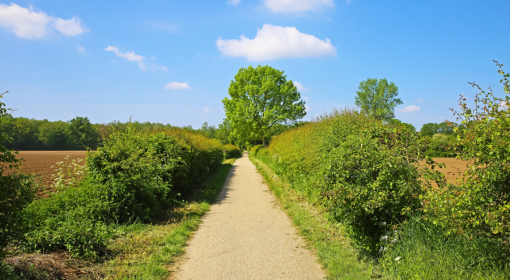By Ilja Keukenkamp; Meghna Mukherjee

Let’s meet Tinku Karjee- a resident of the Kumarpara village, who has been working as a forest guide for the past 10 years.
The Kumarpara region in Jalpaiguri, West Bengal is surrounded by protected forest area and is known for its beauty, serenity and calmness. As a result, it has become a major tourist attraction. Tinku Karjee saw this as an opportunity and took training as a forest guide. In the training, “I learned a lot about the region and its flora and fauna”. During his work as a forest guide, he met a PhD candidate from Germany who had come to the Kumarpara region to study butterflies in the forest. Tinku became his personal guide for the study, and through him, got passionate and gained knowledge about butterflies and birds. Even after the student left, Tinku continued his work to protect butterflies and has dedicated his life to the well-being of the insect/butterfly population and is now known for giving biodiversity tours for interested tourists .
Biodiversity in the Kumarpara region has, just like in many other places around the world, been in decline for quite some time now. The use of pesticides has had a large impact on the insect population and Tinku like other inhabitants has witnessed it first-hand. He says that depending on the vicinity to the forest, there can be as many as 400 species of butterflies, with some very rare species as well. Tinku’s dream is to protect all the precious insects in the region and make sure that the wealth of biodiversity doesn’t get lost by anthropogenic activities like cutting down forests for agriculture purposes, using too much chemical for improving yields and moving away from natural solutions.
Tinku’s knowledge and passion for butterflies is famous in Kumarpara. A few years ago, he collaborated with a tourist resort to open a butterfly lab in one of their rooms. The idea of the butterfly lab was to collect interesting and rare butterfly cocoons, and display them as a kind of museum. Tourists from all over the world would come to the region to go on tours with Tinku, and to see all the wonderful species on display in the butterfly lab.
People like Tinku are a glimmer of hope in a time where biodiversity is in decline all over the world. Tinku’s love for nature and for butterflies is infectious and his knowledge about the state of the local insect and butterfly population should be valued for any projects that aim to improve the agro-ecological landscape in Kumarpara.
Tinku is excited about the possible role that hedges can play in this region. As hedges are a key biodiversity booster, the application of hedges can mean great news for the insect and butterfly population. He says that it is important to revive the traditional practices like hedges which promote biodiversity, water retention and improve soil quality. He firmly believes in the power of nature based solutions to improve the conditions of the ecosystem.
Prepared as part of Agricultural Transition through Productive Biodiversity and Nature-Based Solutions Project.



